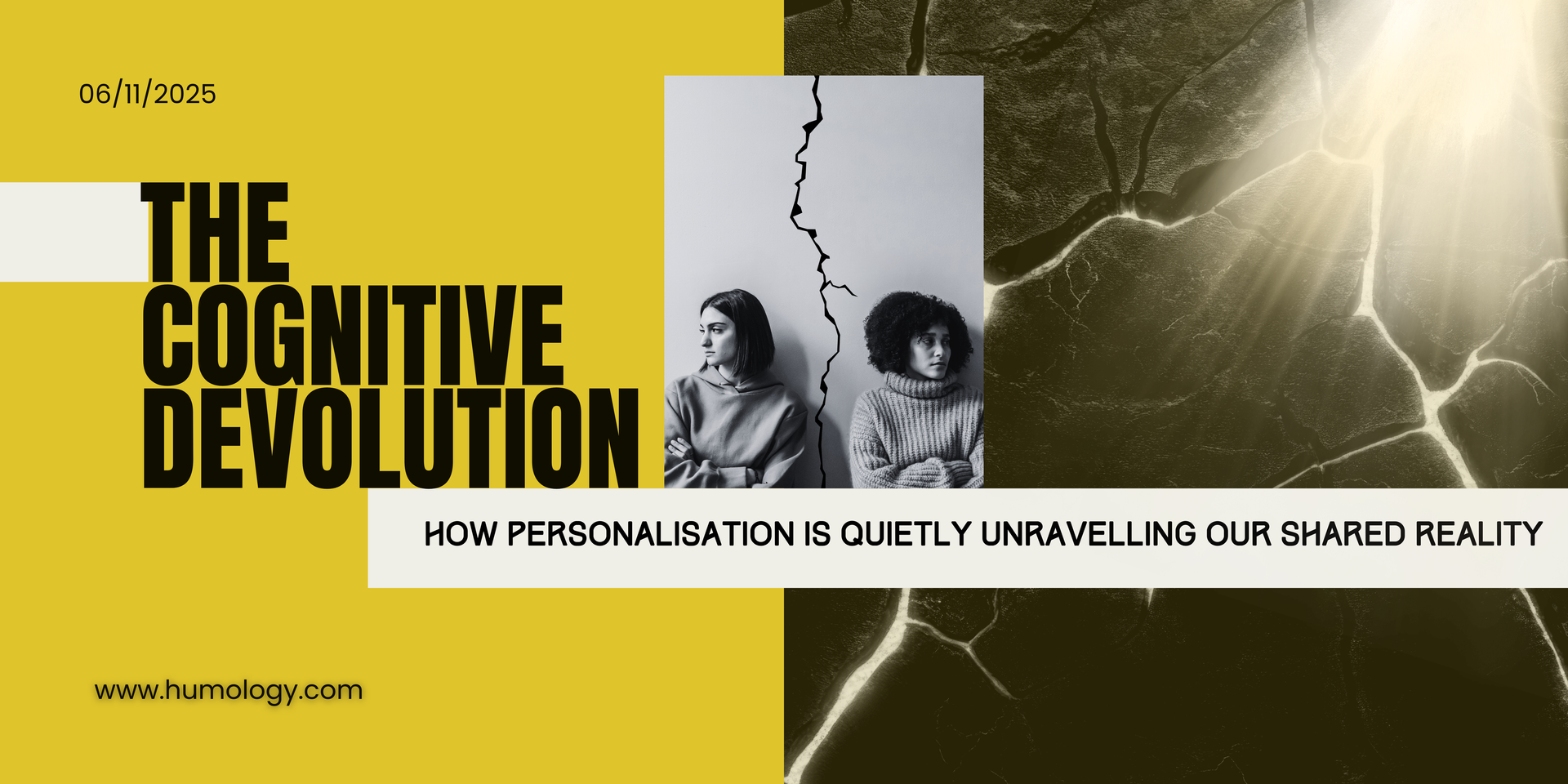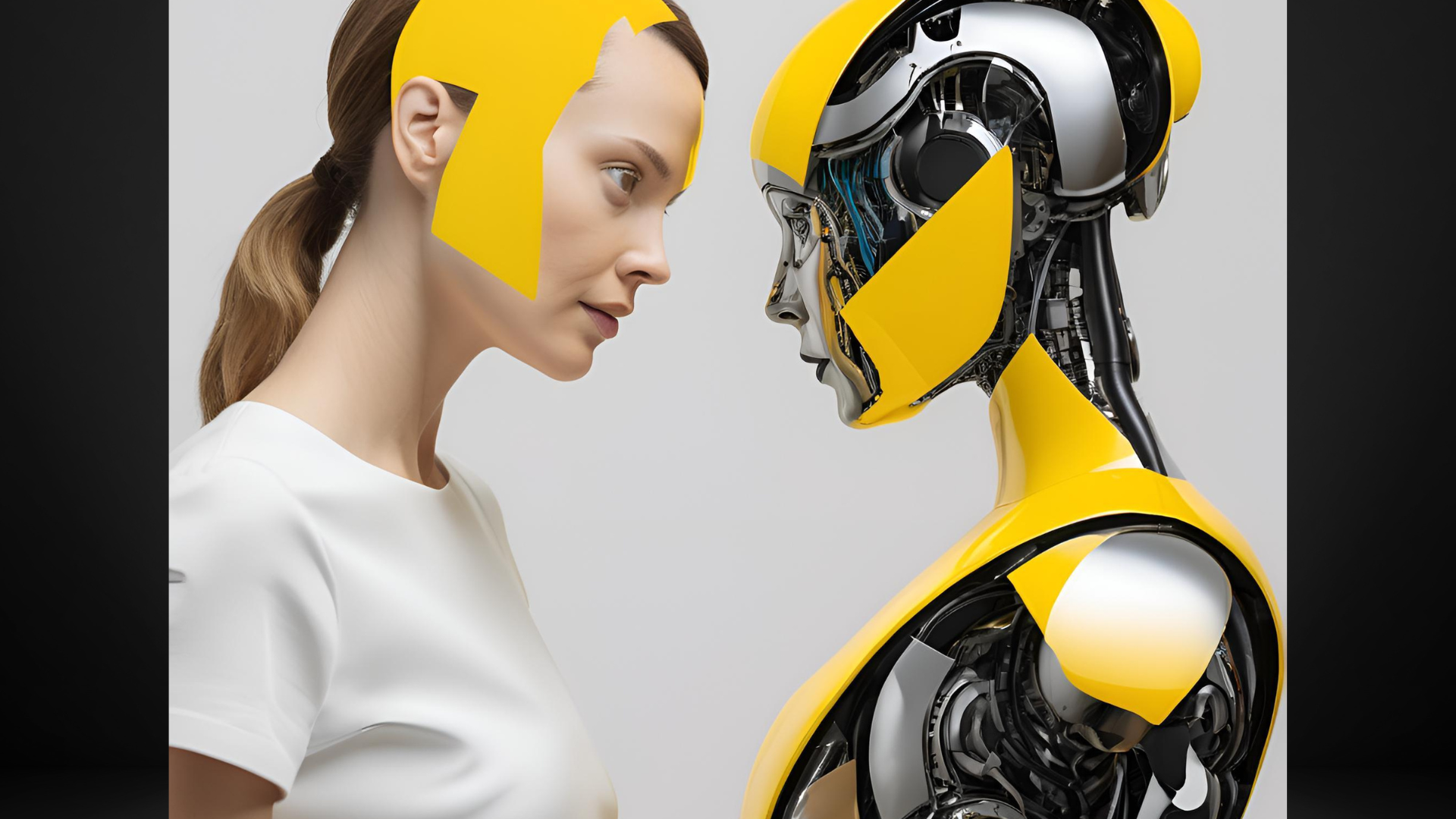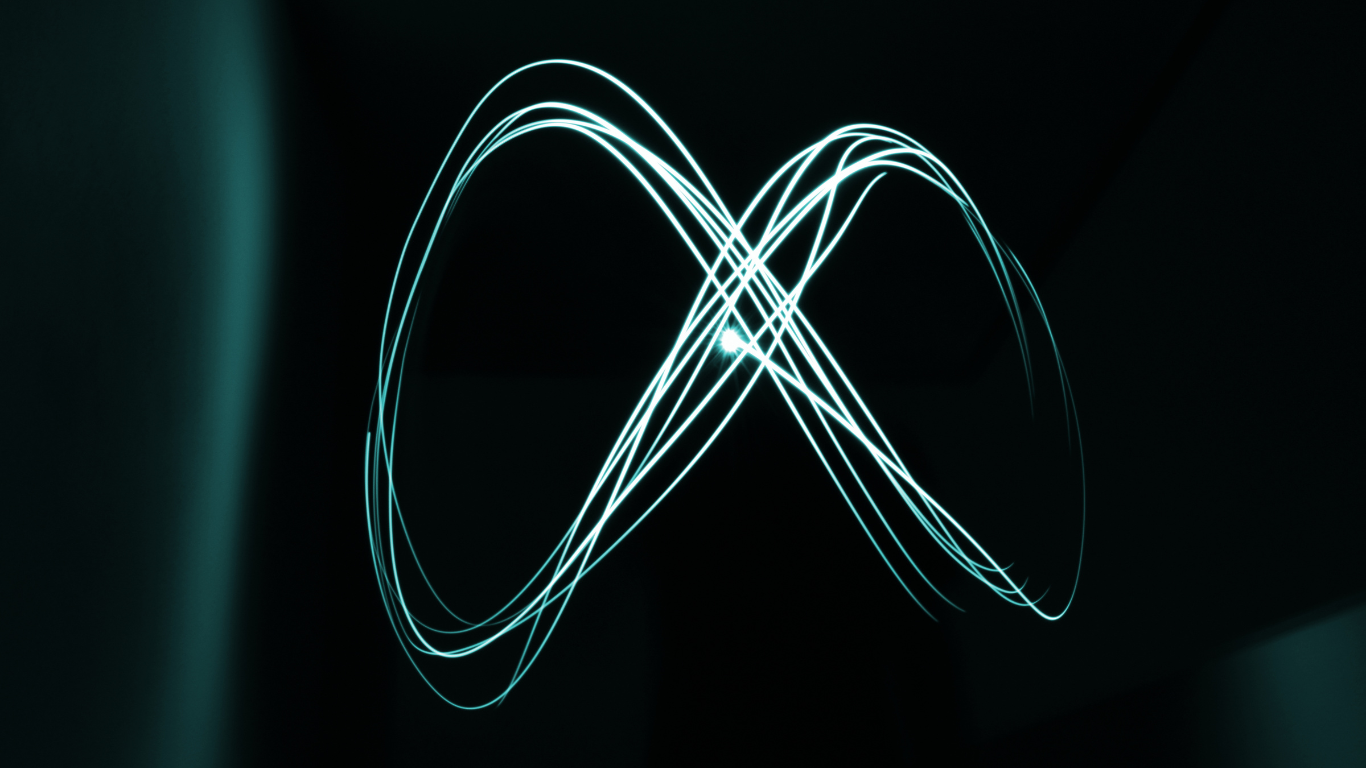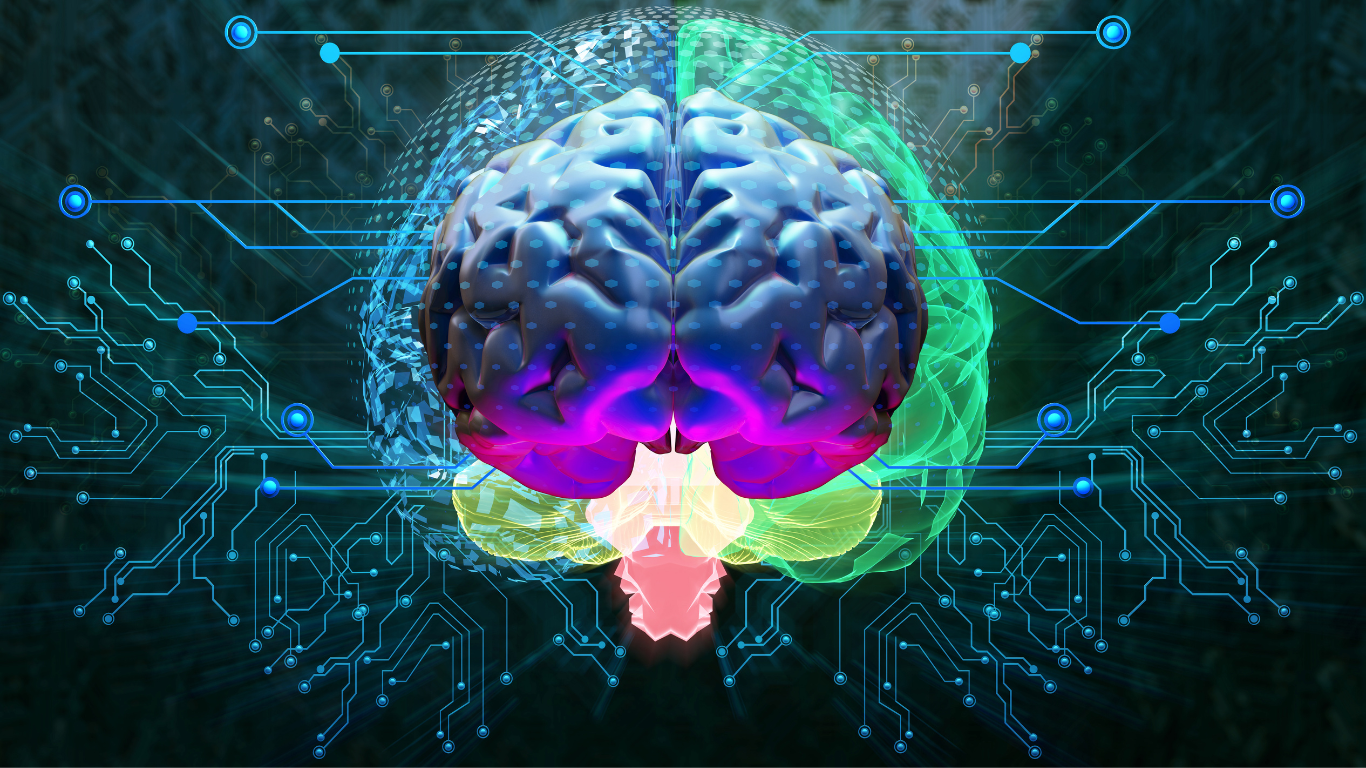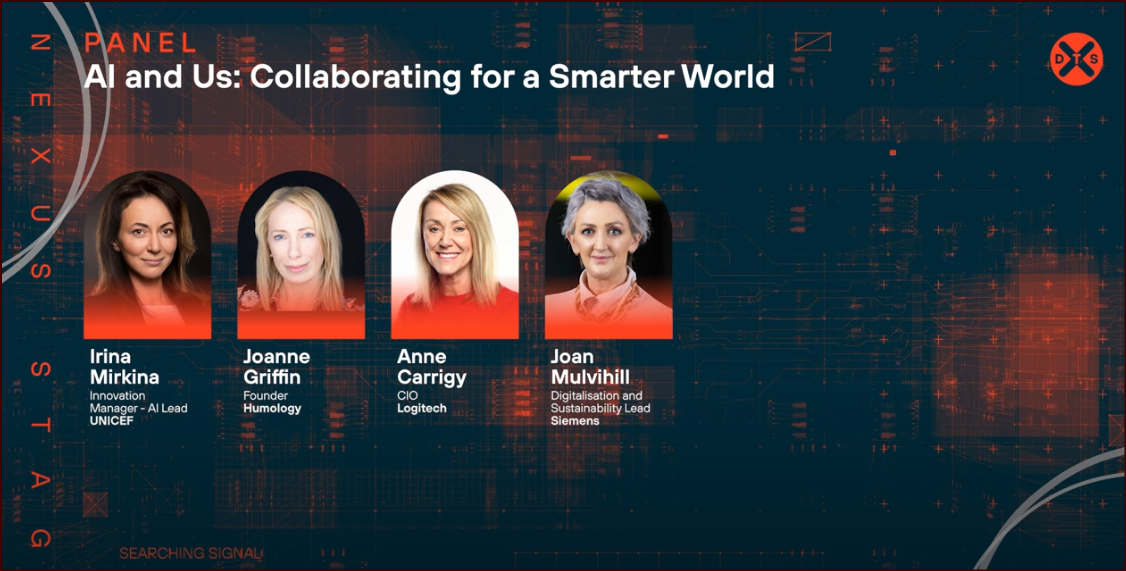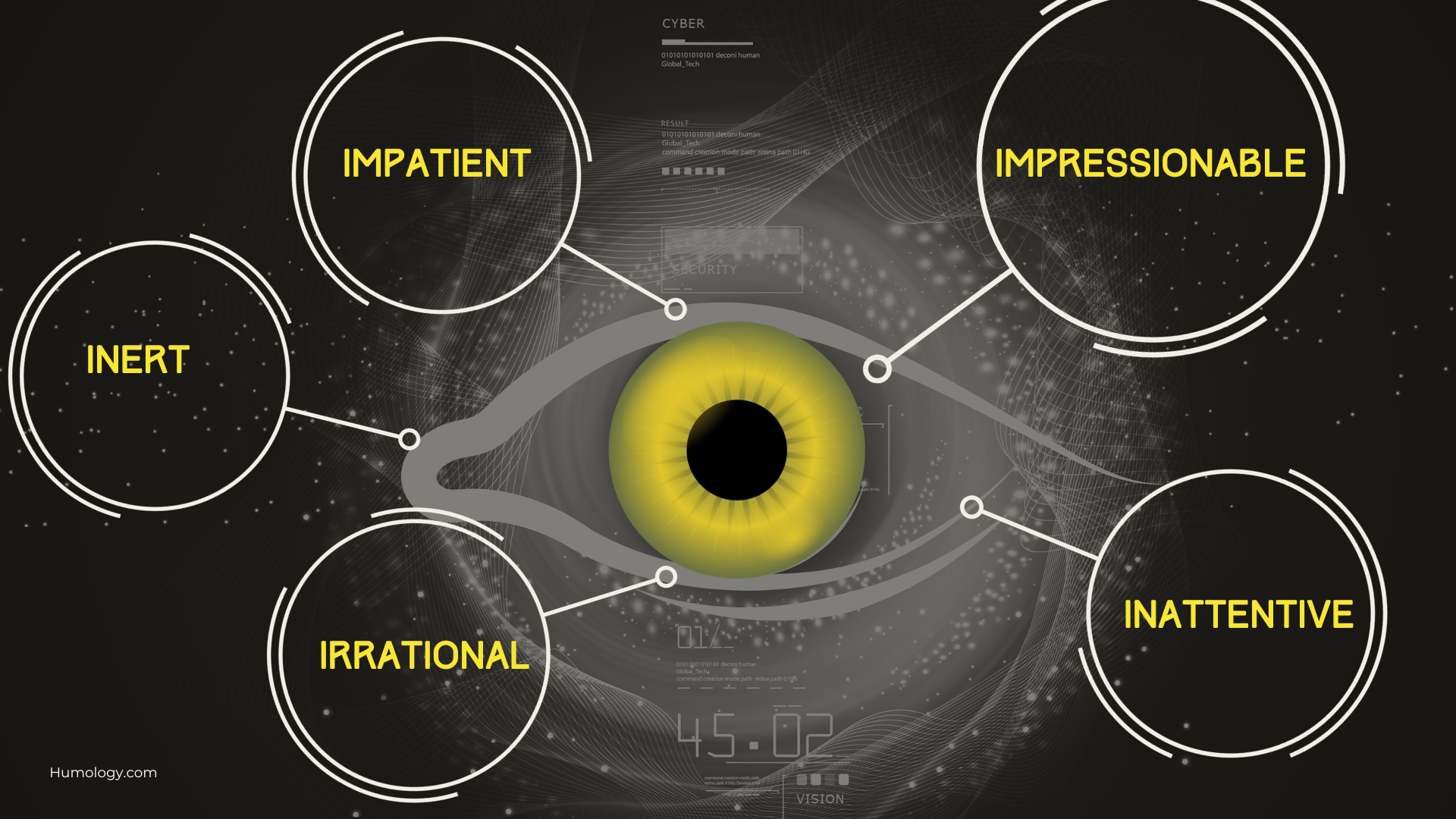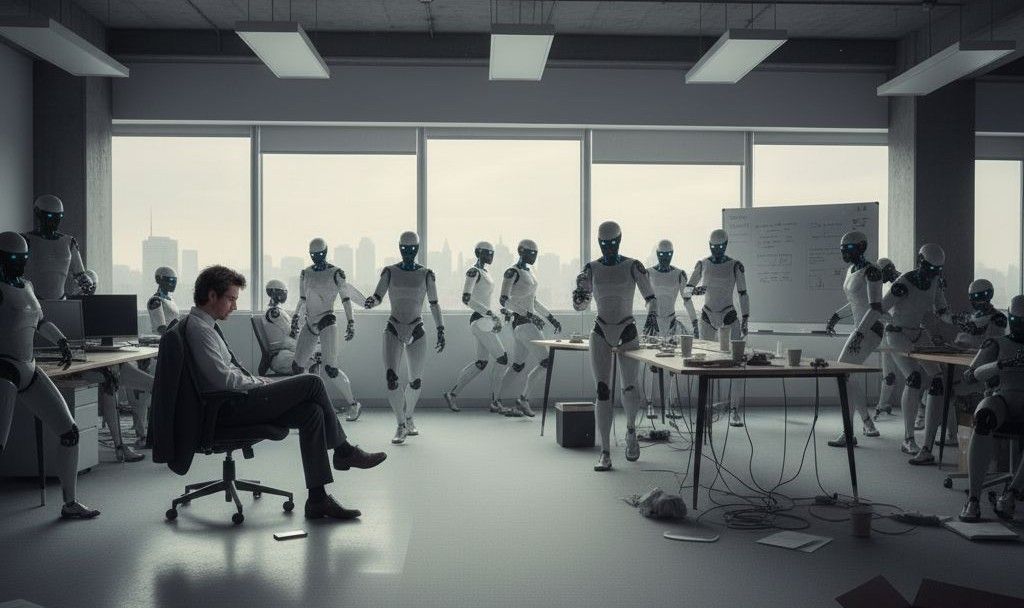The Capacity Challenge
A Growing Infodemic
In 2009, the New York Times reported on a study that found that the average American consumed around 34GB of data and information each day, representing an increase of 350% over nearly three decades. That's the equivalent of consuming around 100,000 words every single day (about 2 books per day, or 2 words per waking second!). Back in 2009, information was predicted to grow at 6% per annum - that was before iPads, Kindles, Chromebooks, iMessage, Minecraft, Instagram, Snapchat, Twitch, Slack, Alexa, TikTok and many more technological developments of the noughties were even in our sights.
Since that report was issued, scientists estimate we consume
an average of 74GB a day (the equivalent of 16 movies), internet users have more than doubled from
2.18 billion to 4.95 billion (or 62.5% of the world's population), and social media has seen explosive growth. Today's total of 4.62 billion social media users is 3.1 times higher than 10 years ago and continues to grow at 13 new users
every single second!
Research from the GWI reveals the a 'typical' global internet user now spends almost 7 hours each day online, of which 50% is spent on a smartphone. Assuming we spend 8 hours per day sleeping, that's 44% of our waking time spent online - a statistic that has increased by 4 minutes per day (1%) over the past 12 months. 4 minutes per day across 4.95 billion internet users amounts to 5 billion additional hours spent online in 2022. When we're online we spend around 2 and a half hours engaging in social media - watching videos on YouTube, catching up on our social feeds and sending messages. (Interestingly, we spend over 52 hours per month across Meta platforms).
We still have only 24 hours in every day, and largely the same brains we've always had. How do human brains deal with this challenge?
Thankfully, our brains are built to learn and adjust to a changing world. We learn to tune out unimportant details and focus our attention spotlight on the things we deem important and relevant to us. It's how we deal with background noise while we work, or tune out other voices to focus on a single conversation in a crowded room. This impressive filtering system is working overtime to tune out the myriad of alerts and notifications vying for our limited attention.
Yet even after we've managed to filter through the noise to find something worth paying attention to, our working memory acts like a gatekeeper to accessing the long term storage capacity in our brains. Our working memory can only process so much information at any one time - essentially creating a bottleneck in our cognition process. A large part of the exhaustion we feel at the end of the day is due to how slowly we absorb information. We process less than a fraction of 1% of the information we take in each day. And it gets worse when we multitask.
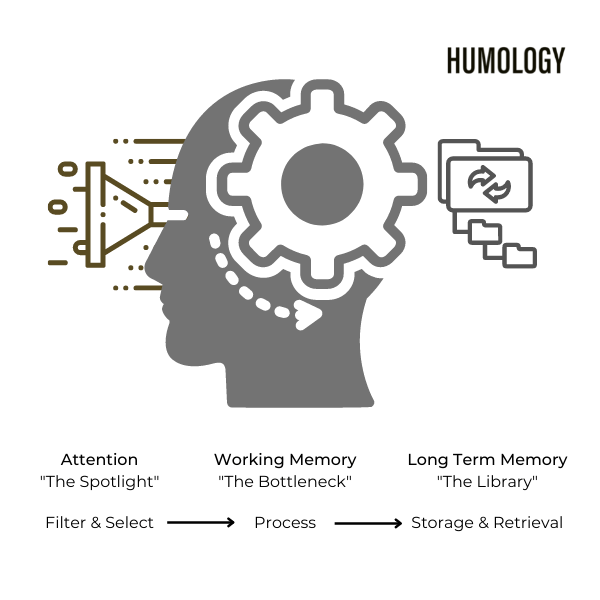
Data, data everywhere, but not a minute to think
Every day 333.2 billion emails are sent, 867 million Tweets are tweeted, and 23 billion text messages are sent. A relatively new phenomenom, machine-generated data accounted for 40% of all internet data created in 2020. The only way for us to deal with information overload is to process these inputs simultaneously. How many of us listen to music while working, answer IM's while on a Zoom call, or scroll through social media while watching television? In an effort to keep up with the deluge of information, we have become a nation of multitaskers. We snack on quick bytes all day long, and yet never feel satiated. And yet, we're always hungry for more - our eyes are bigger than our bellies. How many bookmarked articles go unread, how many books gather dust on our shelves, and how many of our best ideas get relegated to the end of our to-do lists?
Between new technologies and our daily media consumption, the volume of information is expanding way beyond our brain’s capacity to process it. Our appetite for knowledge far exceeds our ability to digest it.
"A Wealth of Information Creates A Poverty Of Attention" ~ Herbert Simon
At what cost?
When we multitask, we tend to consume from a firehose of data via multiple sources. Like scrolling through Instagram while watching Netflix, and snacking at the same time — our attention systems grow weary. In a fatigued state, we can no longer separate the trivial from the important. We might remember the details of JLo's latest wedding, but forget the essence of an important meeting we just attended. As we continue to consume simultaneous streams of inputs from the world around us, we tell ourselves we're getting better at multitasking. However, neurosciencists now understand that when we multitask we're not actually doing two things at once, we're actually switching our attention back and forth between each task. Constant context-switching damages our focus and erodes our productivity.
At work, our productivity is further eroded every time we switch between apps, or search for a document . Industry research conducted by firms such as McKinsey & Company, in its report “The social economy: Unlocking value and productivity through social technologies,” and Gartner, in “Improving the Employee Experience Improves the Customer Experience,” has revealed that that the average employee spends an estimated 6 to 25 hours per month searching for information. Often times it can feel like we're running to stand still!
Daniel J. Levitin, cognitive neuroscientist and author of The Organized Mind: Thinking Straight in the Age of Information Overload explains what's happening biologically as we fragment our attention in an effort to keep up: “Making decisions is incredibly labor-intensive for the brain. Neurons are living cells that require oxygenated glucose to function. We burn up that glucose when we ask the attention systems of the brain to rapidly shift from one thing to the next.” We're burning energy just to keep pace in a noisy world.
Once we use up our mental energy, the tank is empty. Pushing through this neural fatigue and running on empty has become a norm is modern society. Leaving little opportunity to refuel through rest and recharge has a significant impact on our cognitive abilities. Is it any wonder that many of us feel exhausted or overwhelmed. Our attentional filter is under attack for most of our day.
The Capacity Gap
As technology's evolution continues to march on unfettered, we're busy addressing the emerging consequences of the rapid technological evolution of the past two decades. Just when we need the full power of our brains to solve our planet's most complex and pressing challenges we are experiencing a burnout epidemic. Meanwhile the tech world is racing forward with the next iteration of the Web.
When technological evolution continues to outpace human evolution, the result is ‘human lag’. We experience lag when we feel overwhelmed and unable to keep up with the impact emerging technologies has on our lives.
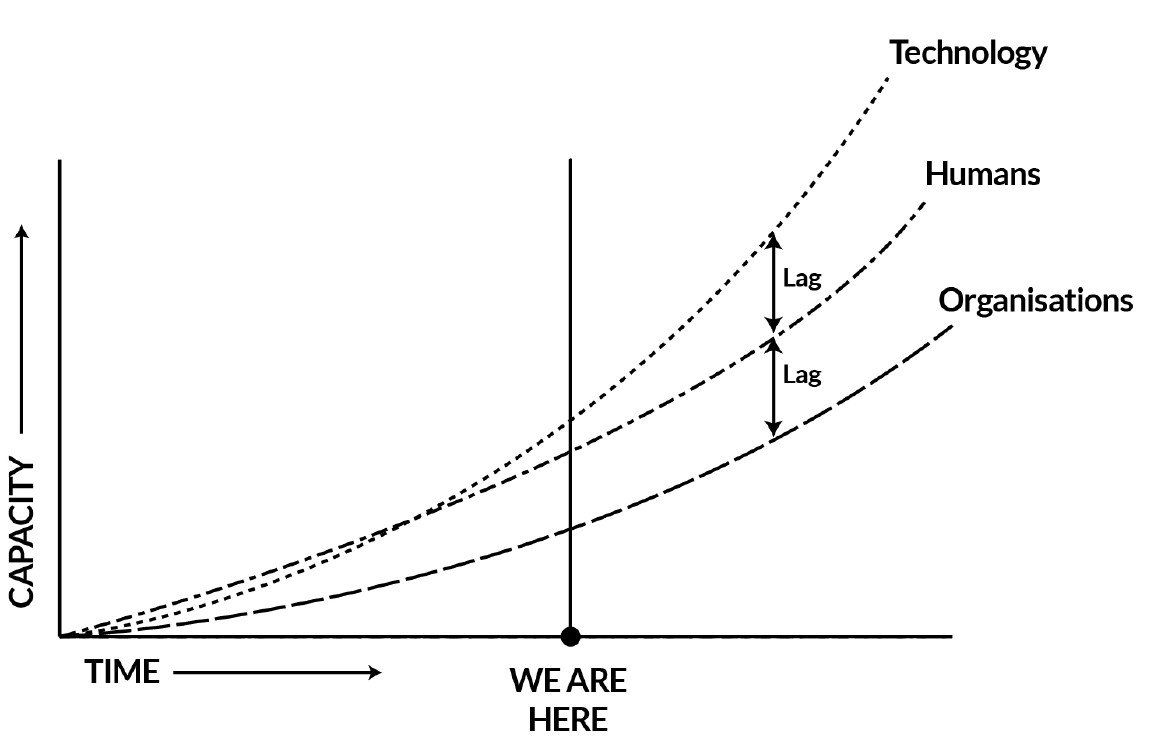
Left unaddressed, the gap between humans and technology could quickly widen to form a chasm. We need to increase the human curve to meet the technology curve. To do so, we must protect the human capacity to adapt and acquire new skills. The design of digital solutions can optimise for learning and information diffusion, while promoting flow and replenishment. Technologists can also help eliminate unnecessary change and disruption by creating digital solutions to human problems in a more thoughtful manner. Will you join us on the journey towards Humology?
In a world where technology empowers rather than disrupts humanity – we all win.

